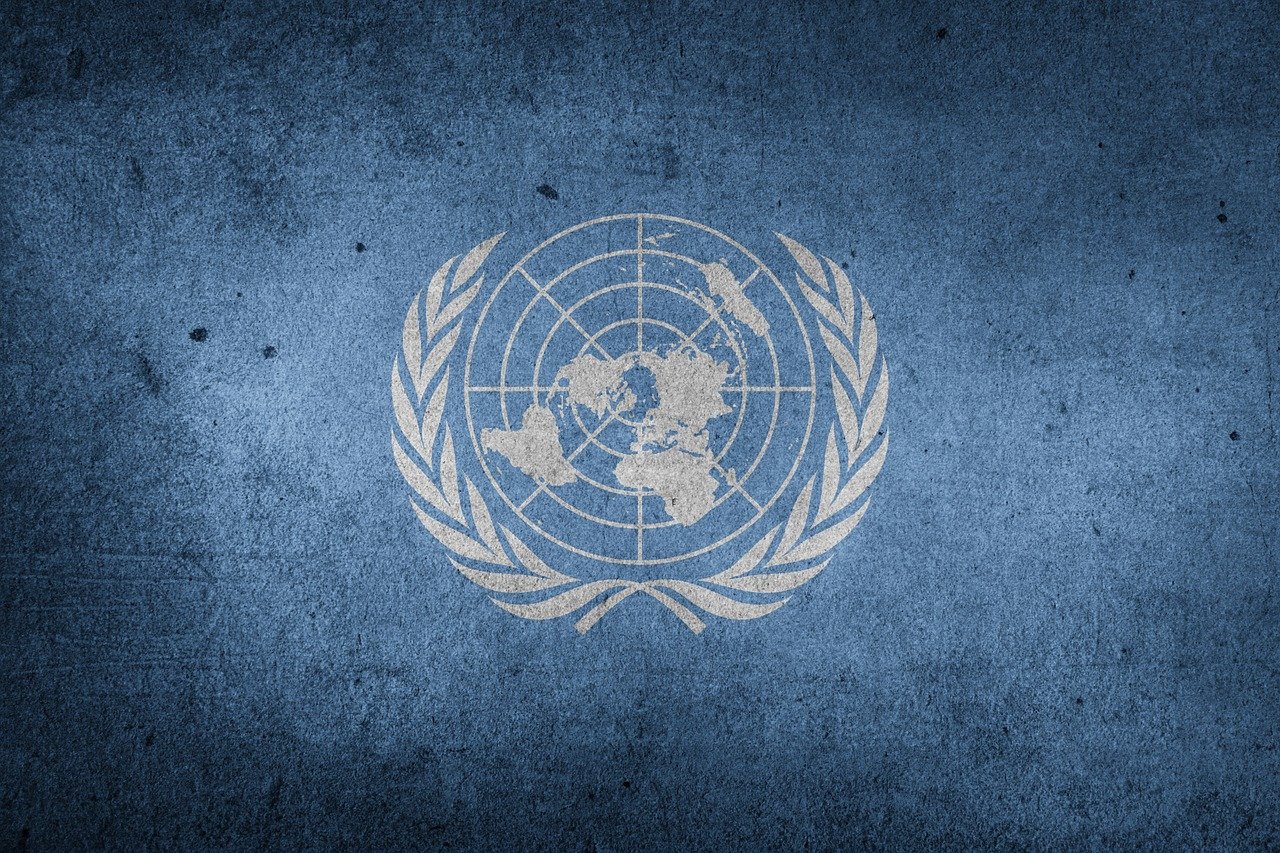The United States has denied and revoked visas for several Palestinian Authority (PA) and Palestine Liberation Organization (PLO) officials ahead of the 2025 United Nations General Assembly (UNGA) in New York. The action raises questions about Washington’s compliance with the 1947 UN Headquarters Agreement and the UN Charter, which require host countries to facilitate entry for all UN representatives and invited officials.
The visa denials could prevent Palestinian Authority President Mahmoud Abbas and senior officials from attending, though the Palestine Mission to the UN remains active.
Legal and Political Considerations
The Headquarters Agreement obliges the United States to “facilitate the transit of representatives of Members and officials of the United Nations” and ensure “free communication” between the UN and its member states. Denying visas to Palestinian officials may contravene these provisions and the broader principles of the UN Charter, which calls on member states to support UN functions and avoid actions that impede them.
Historical precedent illustrates the implications. In 1988, a visa denial for PLO Chairman Yasser Arafat prompted the UN to temporarily relocate that year’s General Assembly session to Geneva. In 2014 and 2020, Iran’s UN ambassador Hamid Aboutalebi and Foreign Minister Mohammad Javad Zarif faced similar restrictions, generating diplomatic disputes. UN legal experts note that while security concerns can justify limited exceptions, visa denials must be narrowly applied and non-discriminatory, consistent with Sections 11 and 13 of the Headquarters Agreement.
The State Department cited national security concerns but has not provided evidence of a threat from Palestinian officials. Analysts say the decision reflects U.S. policy toward Israel rather than immediate security considerations.
Geopolitical Context and Recognition of Palestine
Palestinian authorities characterized the decision as inconsistent with international law. UN officials have requested clarification, while the UN Office of Legal Affairs and the Host Country Committee emphasized that visa issuance should be prompt and transparent. The New York City Bar Association called for full compliance, highlighting potential legal consequences for restricting access for UN representatives.
The visa restrictions come amid heightened scrutiny of U.S. support for Israel during the 2025 Gaza conflict. The United States has consistently blocked international ceasefire efforts while providing military and diplomatic assistance. Analysts argue that these policy choices, combined with visa denials, may affect Palestinian engagement in multilateral forums.
Momentum for Palestinian recognition is building ahead of the September 2025 UNGA. Confirmed supporters include France, the United Kingdom, Canada, Malta, and Australia. Additional countries under consideration include Portugal, Luxembourg, and San Marino, while a coalition of 15 nations—including Spain, Norway, Finland, Ireland, Iceland, Andorra, and Slovenia—has publicly expressed support. This collective stance was formalized in a joint statement issued on July 29, 2025, known as the “New York Calls,” which was co-signed by these nations. The statement reaffirms their commitment to the vision of a two-state solution, where Israel and Palestine exist peacefully side by side.
The visa denials may complicate Palestinian engagement with these governments during the assembly.
Outlook for the 2025 United Nations General Assembly
The U.S. visa restrictions have generated legal and diplomatic scrutiny in advance of the 2025 UNGA. With several nations expected to recognize Palestine, the episode tests the implementation of Sections 11 and 13 of the UN Headquarters Agreement and principles of the UN Charter.
The developments coincide with intensified Israeli operations in Gaza, with Prime Minister Benjamin Netanyahu calling for full control of the territory. At the same time, the United Nations has formally declared a famine in Gaza according to the reports from both Vox and The Guardian, amplifying international concern and further elevating the stakes of Palestinian participation at the General Assembly.
Whether Palestinian officials will be able to attend remains uncertain. The situation underscores the importance of host-country responsibilities in supporting UN operations while balancing domestic policy considerations with international obligations.





